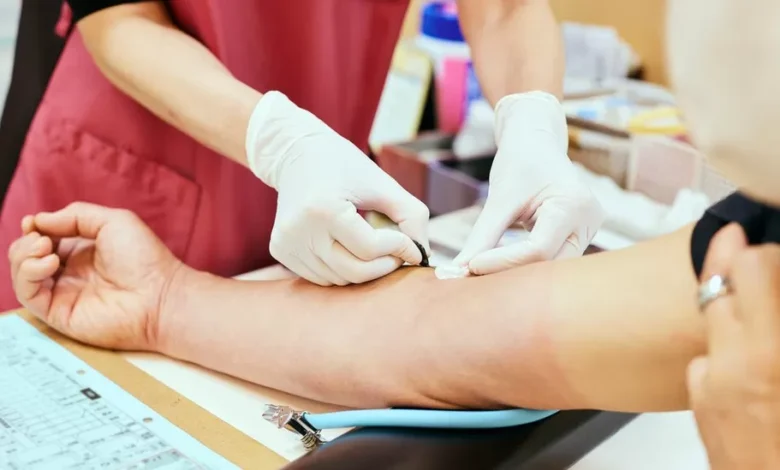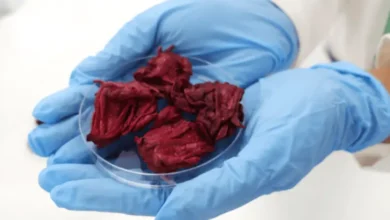US to make it easier for gay men to donate blood

The Food and Drug Administration (FDA) has announced it will be changing a current three month abstinence policy for blood donations from gay men.
Current rules only allow donations if a man has not had sex with another man for that period.
Under new “individual risk-based” draft rules, all potential donors would be asked about new or multiple sexual partners in the past three months.
The FDA hopes this change will encourage more blood donations.
“This proposal for an individual risk assessment, regardless of gender or sexual orientation, will enable us to continue using the best science” to ensure an adequate and safe blood supply, said FDA Commissioner Robert Califf in a statement on Friday.
Advocacy groups have for years called the current restrictions discriminatory against the LGBT community since modern technologies screen blood for infectious diseases.
According to the draft recommendations, all people seeking to donate blood will be asked if they’ve had new or multiple sexual partners within three months and if they have had anal sex. If the answer is yes to both, a person would have to wait three months to donate blood.
Anyone who has tested positive HIV will still be barred from donating blood.
All blood will continue to be screened for diseases like HIV, and Hepatitis B and C.
Country bans on blood donations from gay and bisexual men started in the 1980s in an effort to curb the Aids epidemic.
It was only in 2015 when the FDA changed its lifetime ban to a one year abstinence policy for blood donations from gay men.
The changes will take a few months as the FDA will receive public feedback for 60 days before finalising the guidelines.
“We feel confident that the safety of the blood supply will be maintained,” said Dr Peter Marks, director of the Center for Biologics Evaluation and Research at the FDA.
Just last year Canada lifted its three month abstinence policy. The UK, France, Greece, Israel, Hungary, Denmark and Brazil also recently lifted restrictions on blood donations.










